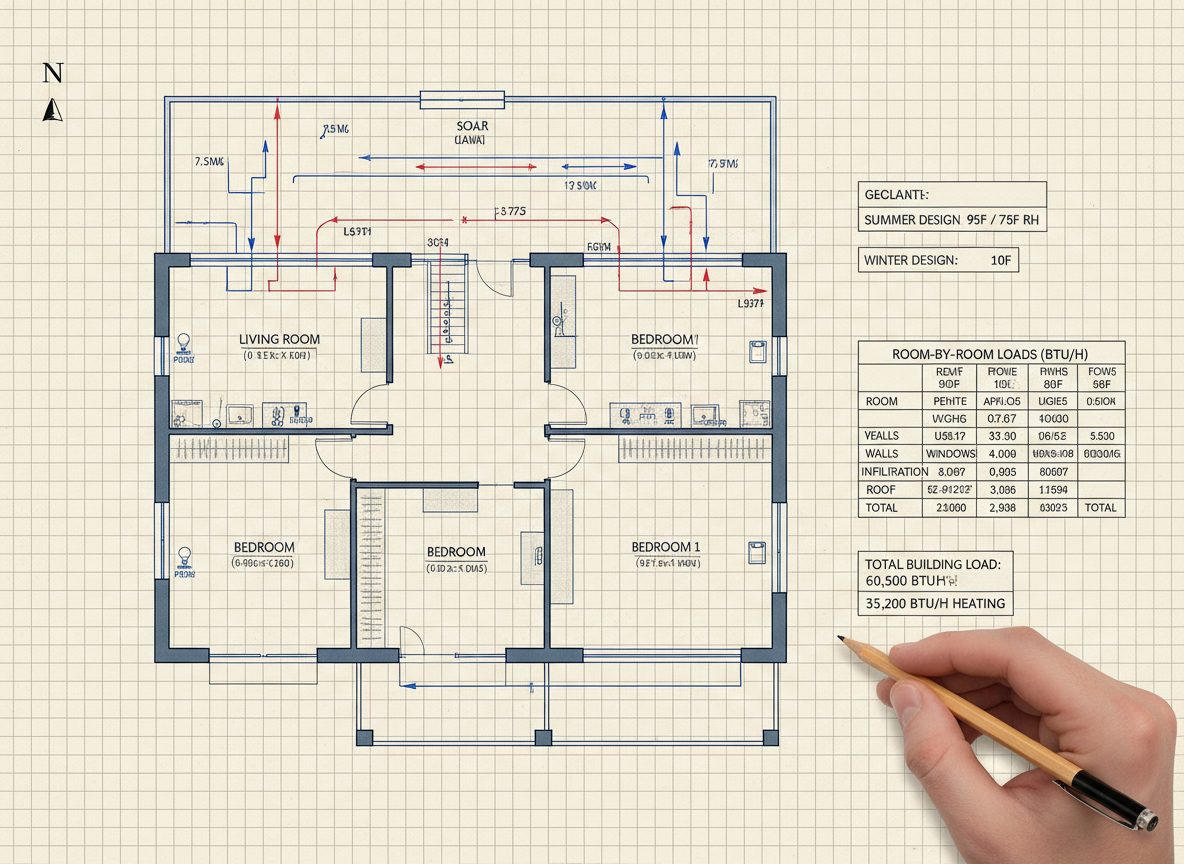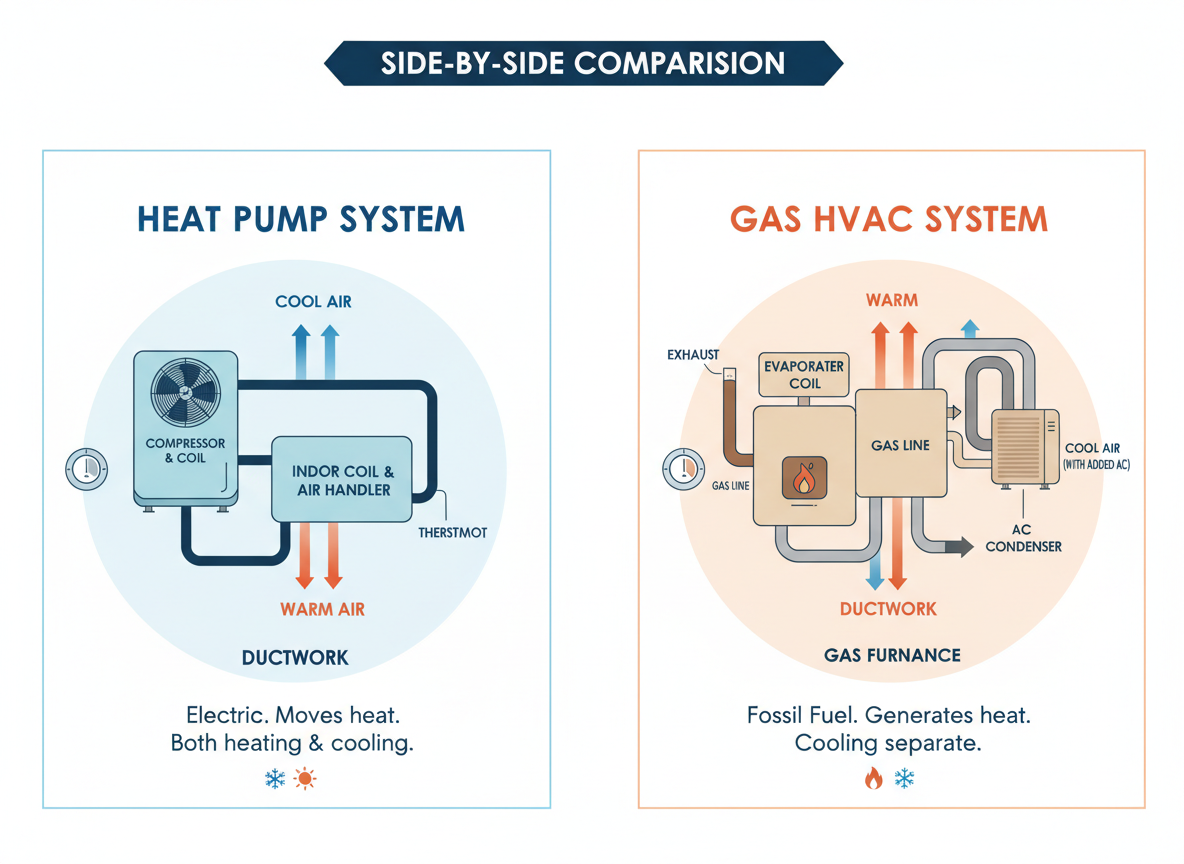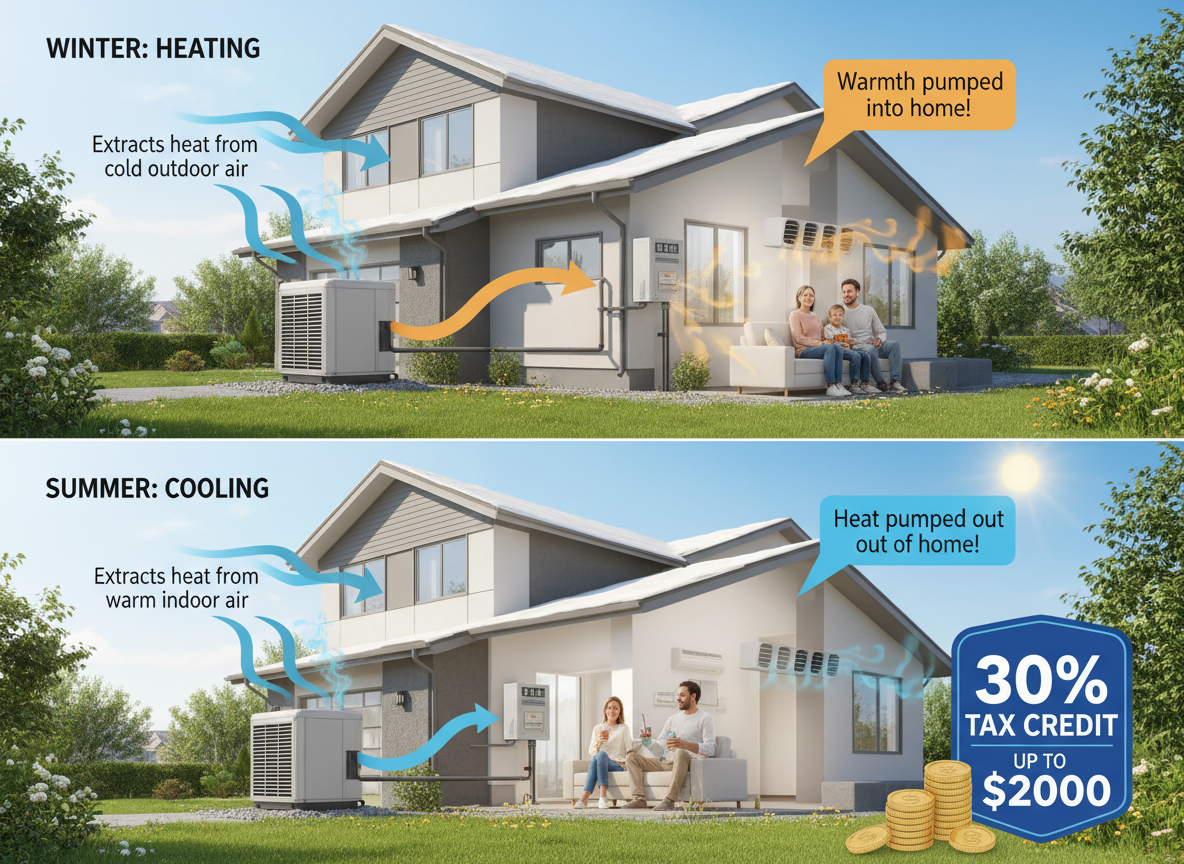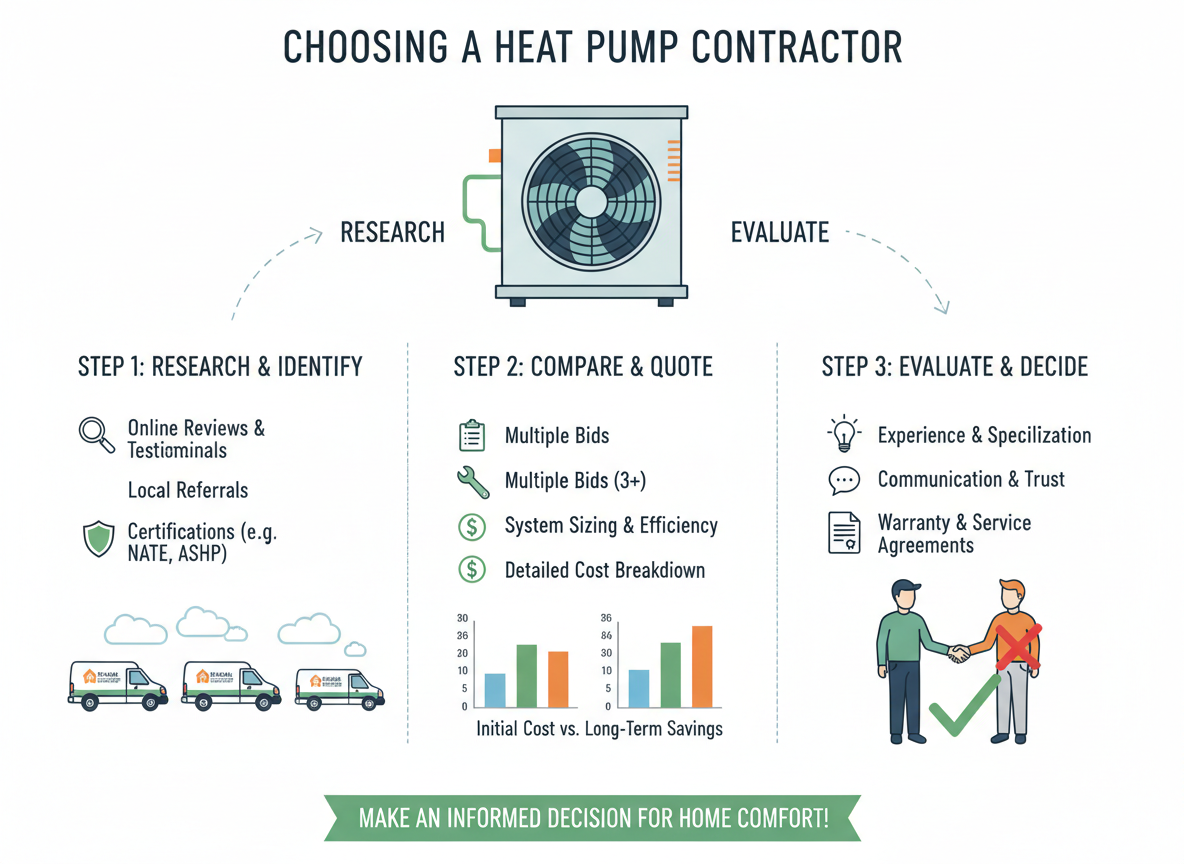
Furnace maintenance is a critical aspect of HVAC (heating, ventilation, and air conditioning) care that ensures your heating system operates effectively and efficiently throughout the colder months. Like any mechanical system, your furnace requires regular care to perform optimally. By regularly maintaining your furnace, you can extend its lifespan, reduce energy costs, and improve indoor air quality. This article will cover the key components of furnace maintenance, why it’s important, and steps you can take to keep your system running smoothly.
What Does Furnace Maintenance Entail?
Furnace maintenance involves a series of inspections, cleanings, and adjustments aimed at optimizing the performance of your heating system. These tasks are usually performed by an HVAC technician, though some basic maintenance tasks can be done by homeowners. Here are the main areas that are typically covered:
1. System Inspection: A technician will inspect all the main components of the furnace, including the blower, heat exchanger, burner assembly, and flue. This is to check for signs of wear, potential hazards, and any areas that may need immediate repair.
2. Cleaning Components: Dust and debris can accumulate within the furnace over time, affecting its efficiency. Technicians clean critical parts, such as the blower, burner, and heat exchanger, to ensure that air can flow freely. Cleaning is essential for proper combustion, heat distribution, and preventing pollutants from circulating indoors.
3. Testing for Gas Leaks and Carbon Monoxide: Furnaces that use natural gas or propane as fuel can pose a risk of gas leaks or carbon monoxide buildup. A qualified technician will check for any signs of leaks and test the carbon monoxide levels around the furnace to ensure they’re within safe limits.
4. Inspecting Electrical Connections and Wiring: Electrical connections, such as those in the thermostat and control system, are inspected for safety and efficiency. Loose or corroded connections can lead to malfunctions or safety hazards.
5. Thermostat Calibration: The thermostat is the command center for your furnace. Calibrating it ensures that it accurately reads the indoor temperature and can precisely adjust the furnace operation, maximizing comfort and reducing energy consumption.
6. Checking and Replacing Filters: A clogged filter can restrict airflow and force the furnace to work harder to maintain your desired temperature, leading to wear and tear on the system and possibly early furnace replacement. HVAC professionals will check filters and replace them.
7. Lubricating Moving Parts: Components like the blower motor and other moving parts may require lubrication to prevent friction, overheating, and wear. Proper lubrication extends the life of these parts and reduces noise from the furnace.
8. Inspecting the Heat Exchanger: The heat exchanger is the component that heats the air in the furnace. Cracks or holes in this component can result in dangerous gas leaks, so a thorough inspection is vital to prevent safety hazards.
Why Furnace Maintenance is Essential
1. Improved Efficiency: A well-maintained furnace operates at optimal efficiency, meaning it uses less energy to heat your home, which translates to lower heating bills. Regular maintenance can help your furnace run more smoothly by reducing energy loss through leaks, dirt buildup, or mechanical issues.
2. Extended Equipment Lifespan: Just like any other machinery, a furnace that’s properly maintained will last longer. The average furnace can last anywhere from 15 to 20 years, but routine maintenance can extend this lifespan by a few years, allowing you to get the most value out of your investment helping to avoid early furnace replacement.
3. Enhanced Safety: Furnaces can pose safety risks, especially those that use gas or oil. Maintenance reduces the chances of gas leaks, carbon monoxide poisoning, and fire hazards. During the inspection, any potential issues that could compromise safety are addressed.
4. Better Indoor Air Quality: A furnace that’s cleaned and maintained regularly prevents dust, allergens, and other contaminants from circulating in your home. This can improve indoor air quality, which is especially beneficial for individuals with allergies or respiratory issues.
5. Reduced Repair Costs: Furnace repairs can be costly, especially if they occur during peak heating season. By conducting regular maintenance, small issues can be caught early on before they turn into expensive repairs.
Furnace Maintenance: What You Can Do as a Homeowner
While it’s always best to have a professional conduct a thorough inspection, there are a few maintenance tasks homeowners can handle themselves:
• Replace or Clean the Air Filter: This is one of the easiest ways to keep your furnace running efficiently. Aim to replace or clean your filter every 1–3 months, depending on the manufacturer’s recommendation and how frequently you use the furnace.
• Check the Thermostat: Make sure your thermostat is working correctly. If it’s a programmable thermostat, check the settings to ensure they align with your heating needs.
• Keep Vents and Registers Clear: Make sure that air registers and return vents are clear of obstructions, like furniture or rugs. This allows warm air to circulate freely, reducing strain on the furnace.
• Inspect for Strange Noises or Smells: Pay attention to any unusual noises or odors coming from your furnace. These can indicate potential issues that should be addressed by a technician.
How Often Should You Schedule Furnace Maintenance?
Most HVAC professionals recommend scheduling furnace maintenance once a year, ideally in the fall before the heating season begins. This allows technicians to identify any issues and ensure that your system is ready for the demands of winter. Annual maintenance helps to prevent mid-season breakdowns and ensures that your furnace is operating efficiently.
Hiring a Professional for Furnace Maintenance
While there are some tasks that homeowners can perform, it’s always advisable to have a certified HVAC technician handle the bulk of the maintenance work. Professional HVAC technicians have the training, experience, and equipment needed to conduct a comprehensive inspection and perform necessary adjustments. At LA Heating and Air we offer different maintenance contracts, which include seasonal inspections and discounts on repairs.
Furnace maintenance is an essential part of HVAC care, ensuring that your heating system performs reliably, efficiently, and safely. By investing in regular maintenance, you’ll not only extend the life of your furnace but also improve your home’s comfort and reduce energy costs. Whether you’re changing the filter yourself or scheduling an annual inspection with a professional, staying proactive about furnace maintenance is the best way to keep your home warm and cozy all winter long.
Furnace Maintenance Related Posts:






















.png)














